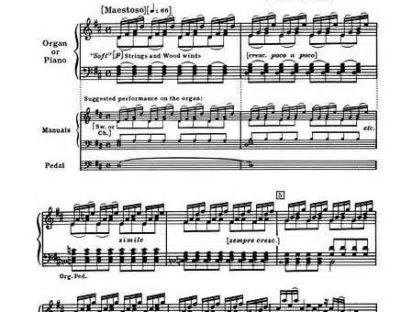One of the first posts of this blog dealt with clever screenwriting in television drama. In the brilliant Danish series Borgen the Prime minister used a landmark in the country’s football memory – the Euro 1992 surprise win against Germany – as a kind of emotional reminder of national solidarity. But most of time, football memory actually serves as historical landmark, smartly used by screenwriters to help their audience link the story to the epoch and setting in which it is supposed to take place.
Football memory turns out to be an instant reminder of an era. For those old enough, it is a link to their personal biography: many will easily recall where exactly they were when Gazza scored his incredible goal against Scotland or when Gareth Southgate two weeks later missed his penalty. Three examples from recent TV fiction: The first third of the rather ambitious television drama From There to Here is set in June 1996, a period in which according to director Peter Bowker, ‘football came home’ and there ‘was a confidence in British culture as Cool Britannia was in full swing and Blur and Oasis did battle in the charts’. To no surprise, both the Gascoigne stroke of genius and the Southgate tragedy are used as anchors to conjure up the spirit of the times. The popular crime fiction Endeavour – a kind of prequel to the legendary Inspector Morse series of the 1990s is set in the Oxford of the 1960s. Season 2 takes place in 1966, and in one of episodes the World Cup is of course on every television screen, and the story is organised along the successive matches of the English team.
And in the rather unpretentious detective series Grantchester, set in the vicinity of Cambridge in the early 50s, another football landmark is used in the dialogue between two of the protagonists. When the (presumably working class) police inspector informs the (presumably rather high-brow) vicar that he is in bad mood because ‘England lost 6-3 last night - 'we got beaten 6-3 by a team from nowhere, at a sport we invented!’ - it is clear that he refers to the legendary Hungarian victory in Wembley on 25 November 1953. The fact that the rest of the episode clearly takes place in late spring does not really matter, does it? Why use the coronation of Elizabeth II (which took place in June), when you can create the atmosphere of the period so much better with a football result? Football events as convenient anchors in time. Not really surprising in a country like England, where football is engrained in popular life and collective memory. And where there will always be at least one among the screenwriters to make the link between an epoch and a football event for himself. In a national culture like France, where football plays a much less important role and screenwriters may have different educational backgrounds, this is less the case. Take for instance the excellent mini-series Disparue, a fiction in eight episodes inspired by the Spanish TV hit Desparecida and comparable in quality to the Danish series The Killing. The entire story takes place, very explicitly, between 21 June and mid-July 2014, and not a single person in the city of Lyon only once mentions the World Cup, neither in the restaurant run by two of the protagonists nor in other public or professional environments. My own memory of these weeks would rather suggest a lot of talk on 21 June about the surprisingly brilliant performance of the French team against Switzerland, or at least one reference to the totally exaggerated media hype preceding the quarter final against Germany on 4 July. Of course you don’t need football as historical anchor for a story supposed to take place in the present. A reference to the World Cup would, however, have certainly added plausibility. French screenwriters - take note!
Featured picture: Wembley Stadium, the Hungarian national team before the 6:3 match against England: Puskás, Grosics, Lóránt, Hidegkúti, Buzánszky, Lantos, Zakariás, Czibor, Bozsik, Budai II., Kocsis. - FOTO:FORTEPAN / Kovács József, CC BY-SA 3.0, via Wikimedia Commons





